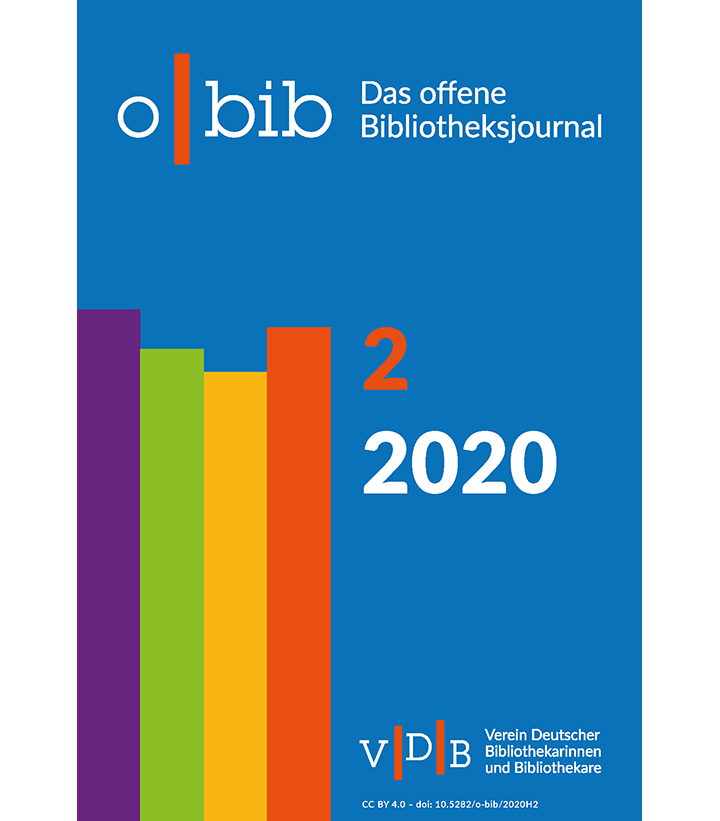User Story: Besuchernachweis im Covid-19-Kontext
DOI:
https://doi.org/10.5282/o-bib/5609Keywords:
Softwareentwicklung, Corona-Pandemie, BesucherregistrierungAbstract
The corona pandemic not only led to massive changes in libraries with regard to digital services, but also in the public business, which has been reorganized by regulations for the reopening. On the one hand, ministerial guidelines for tracking potential contacts must be observed and, on the other hand, data protection issues have to be considered. Furthermore, an uncomplicated use and at the same time fast data registration play a high priority in the context of a low-contact but high-throughput operation. At the Magdeburg University Library, a solution was developed that covers many requirements without the need for additional resources and is also available for subsequent use in other institutions. In this paper, the requirements are briefly described, the software, developed in agile project management, is presented and potentials for a subsequent use based on the first operational experiences are shown.
References
Balzert, Helmut: Lehrbuch der Software-Technik, Heidelberg u.a. 1998 (Lehrbücher der Informatik 2).
Gamma, Erich: Design patterns. Elements of reusable object-oriented software, Boston 200225 (Addison-Wesley professional computing series).
Kim, Gene; Humble, Jez; Debois, Patrick u.a.: The DevOps handbook. How to create world-class agility, reliability, & security in technology organizations, Portland, OR 2016.
Meyer, Albin: Softwareentwicklung. Ein Kompass für die Praxis, Berlin 2018.
Stiftung Datenschutz: Dateneigentum und Datenhandel, Berlin 2019 (DatenDebatten).
Verordnung (EU) 2016/679 des europäischen Parlaments und des Rates vom 27. April 2016 zum Schutz natürlicher Personen bei der Verarbeitung personenbezogener Daten, zum freien Datenverkehr und zur Aufhebung der Richtlinie 95/46/EG (Datenschutz-Grundverordnung), 2016.
Downloads
Published
Issue
Section
License
Copyright (c) 2020 Veit Köppen, Sascha Bosse, Christian Schulz

This work is licensed under a Creative Commons Attribution 4.0 International License.





